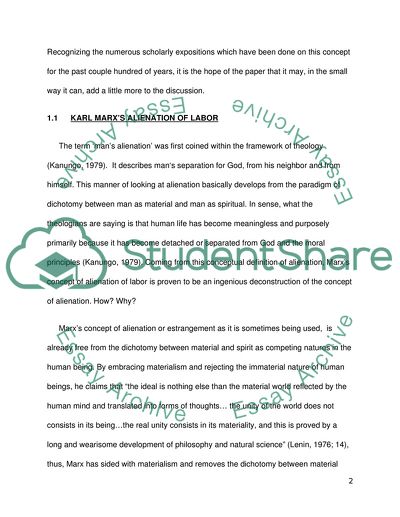Cite this document
(Marxs Alienated Labor Research Paper Example | Topics and Well Written Essays - 3000 words, n.d.)
Marxs Alienated Labor Research Paper Example | Topics and Well Written Essays - 3000 words. Retrieved from https://studentshare.org/politics/1729167-alienation-of-labor
Marxs Alienated Labor Research Paper Example | Topics and Well Written Essays - 3000 words. Retrieved from https://studentshare.org/politics/1729167-alienation-of-labor
(Marxs Alienated Labor Research Paper Example | Topics and Well Written Essays - 3000 Words)
Marxs Alienated Labor Research Paper Example | Topics and Well Written Essays - 3000 Words. https://studentshare.org/politics/1729167-alienation-of-labor.
Marxs Alienated Labor Research Paper Example | Topics and Well Written Essays - 3000 Words. https://studentshare.org/politics/1729167-alienation-of-labor.
“Marxs Alienated Labor Research Paper Example | Topics and Well Written Essays - 3000 Words”, n.d. https://studentshare.org/politics/1729167-alienation-of-labor.


